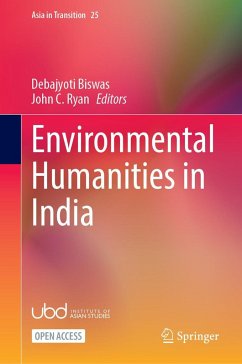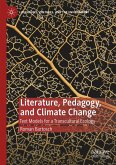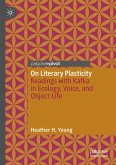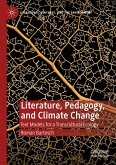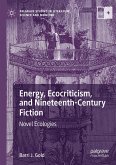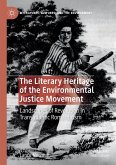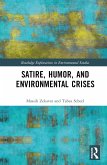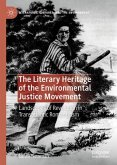This open access book offers an introduction to the field of the environmental humanities in India. The environmental humanities, often referred to as 'EH', are a multifaceted, relatively new, and swiftly evolving field of scholarship that integrates the theories and approaches of various disciplines - from anthropology, art, communications, cultural studies, philosophy and ecology to history, literature, media, music, performance, politics, sociology, theology and theater. Practitioners of this considerably integrative and widely ranging field aim to address and, in certain cases, confront today's urgent ecological and cultural challenges, namely climate change, urban sustainability, biodiversity conservation, species decline, energy policy, the exigencies of the Anthropocene, environmental activism, and Indigenous peoples' justice. Although the environmental humanities have been relatively slow to gain traction in South Asia, an increasing momentum towards transdisciplinaryapproaches to ecology and sustainability is palpable in India. Comprising fourteen chapters, this contributed volume is the first major publication to call attention to current work in the environmental humanities in India. The volume foregrounds particular ecohumanist theories and methodologies evolving from Indian biocultural contexts. Towards this aim, the book consists of four thematic sections: Indigenous Perspectives: Conservation, Spirituality, and Language; Theoretical Grounding: Education, Law, and Ethics; Literary Formulations: Memoir, Parable, and Storyworlds; and Popular Narratives: Myth, Travel, and Music. The volume is of interest to undergraduates, postgraduates, early career scholars, and more established researchers in the environmental humanities and the allied fields of ecopoetics, ecocriticism, ecomusicology, environmental art, cultural ecology, postcolonial studies, and South Asian studies.
This is an open access book.
This is an open access book.

